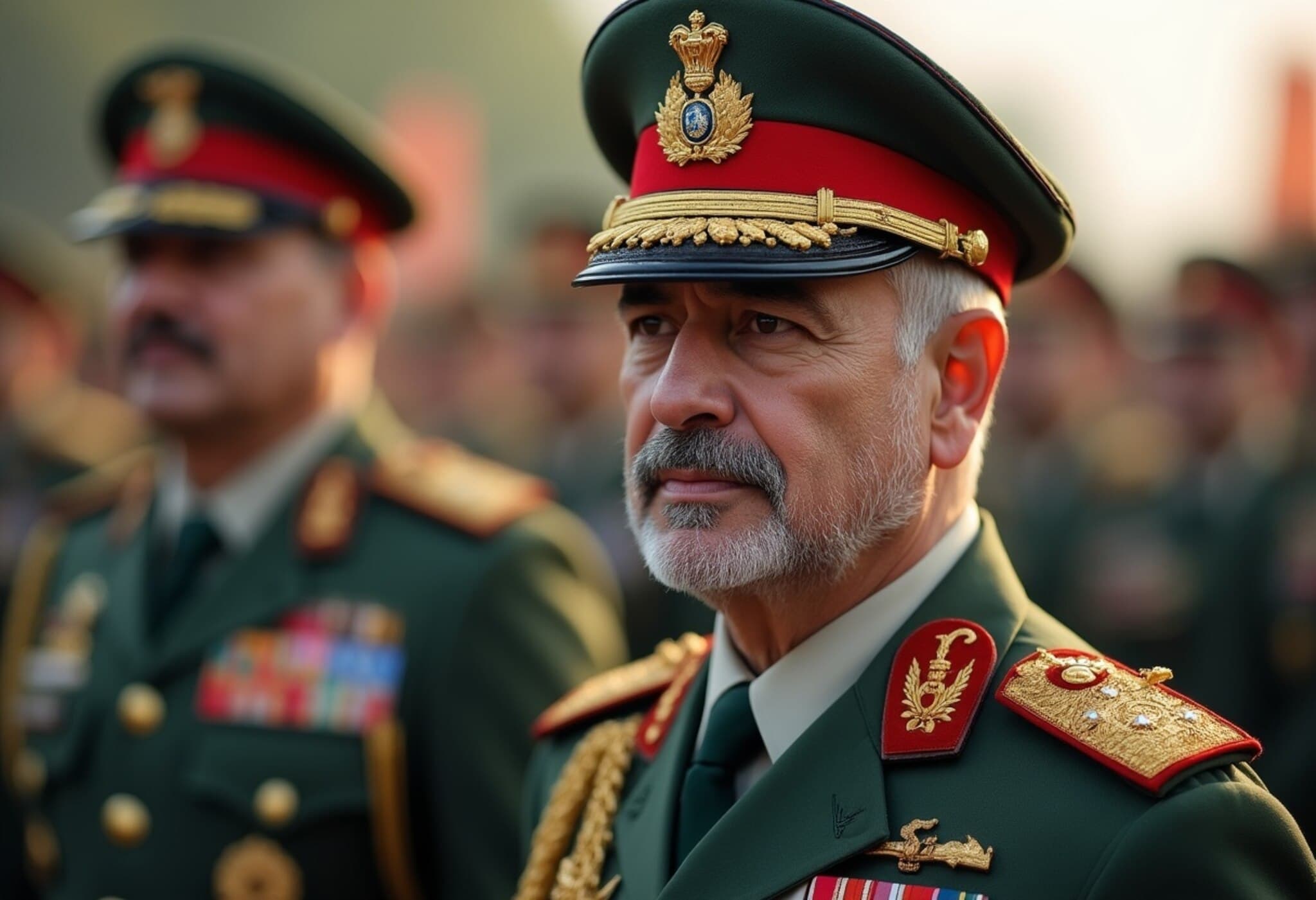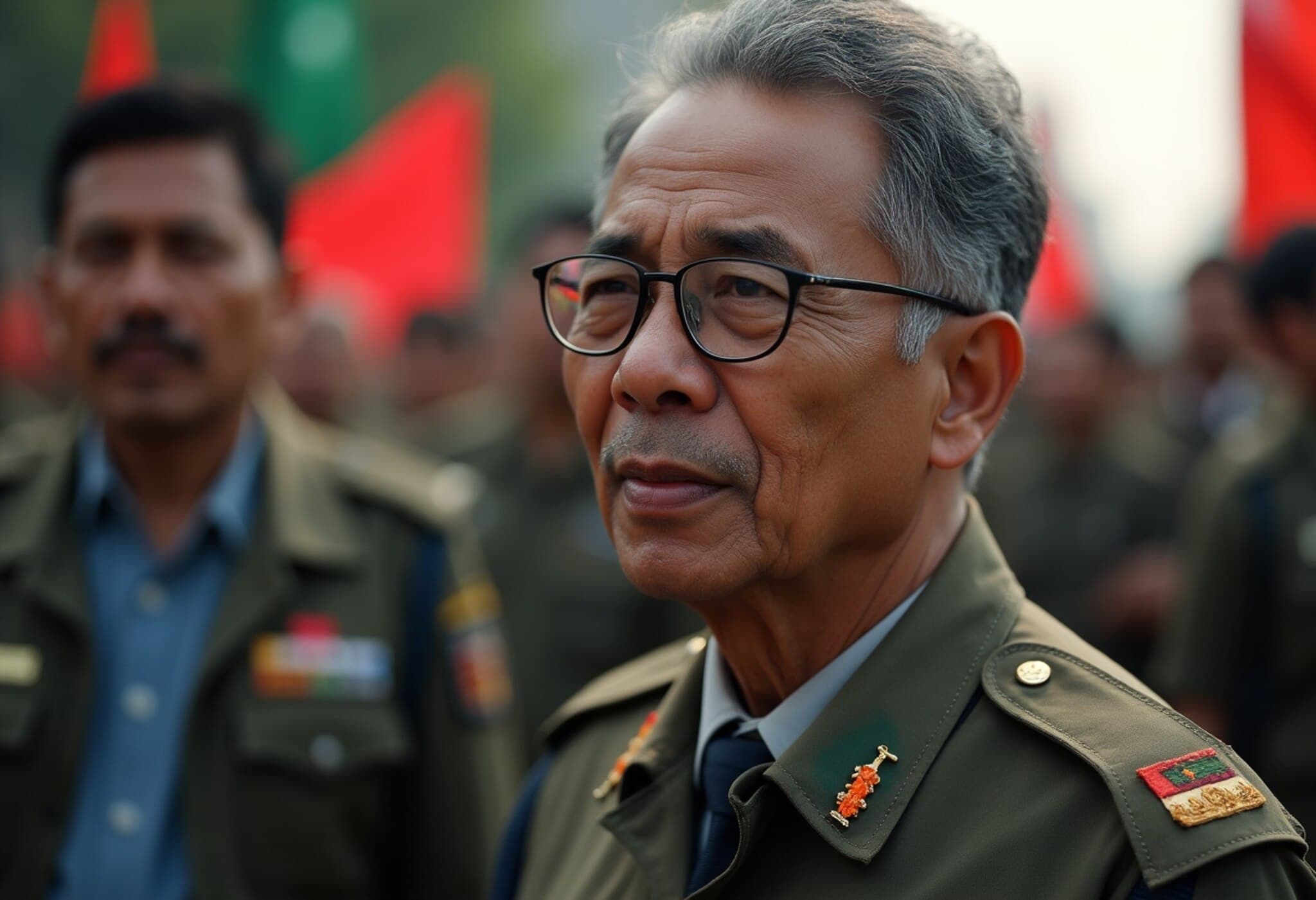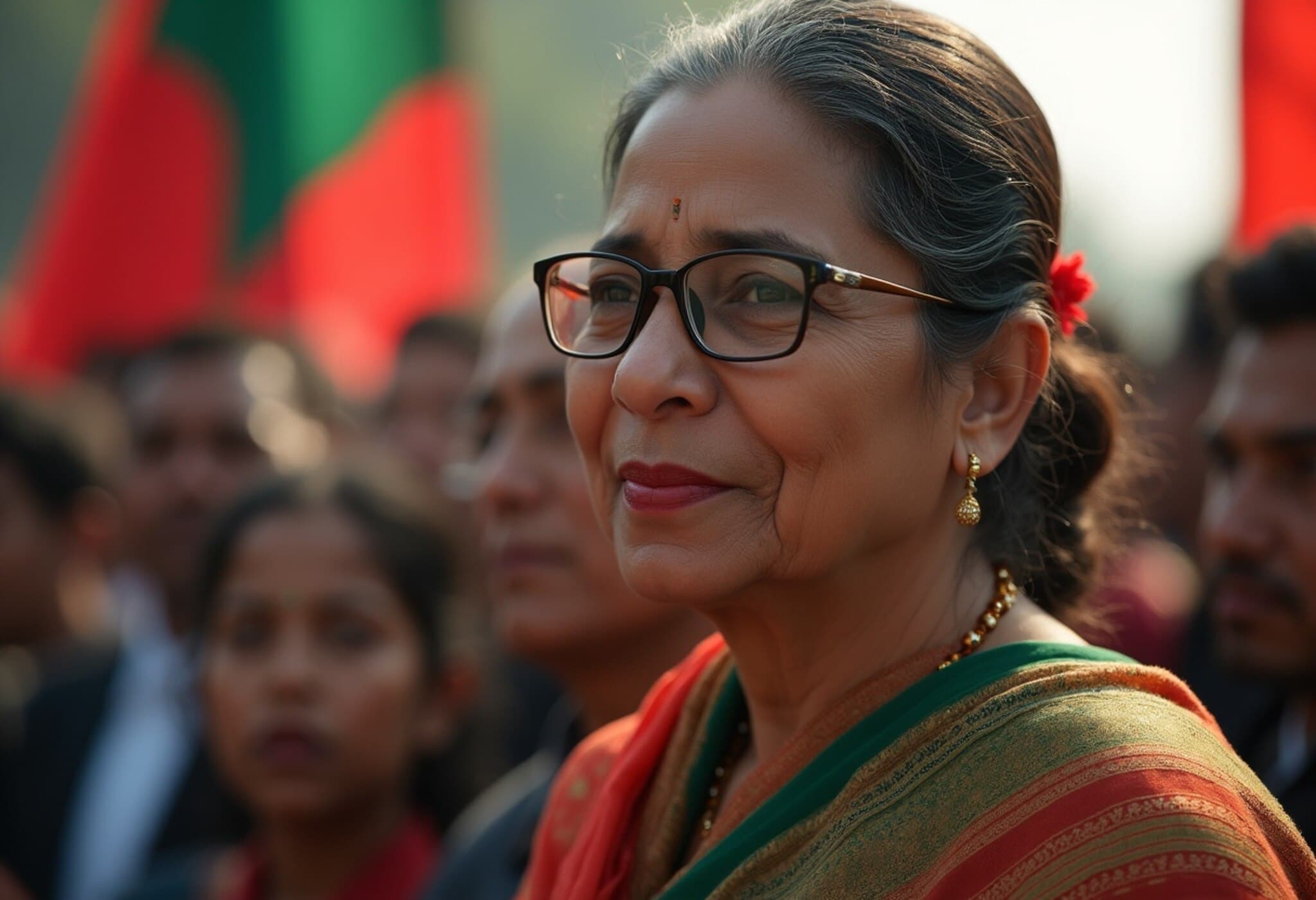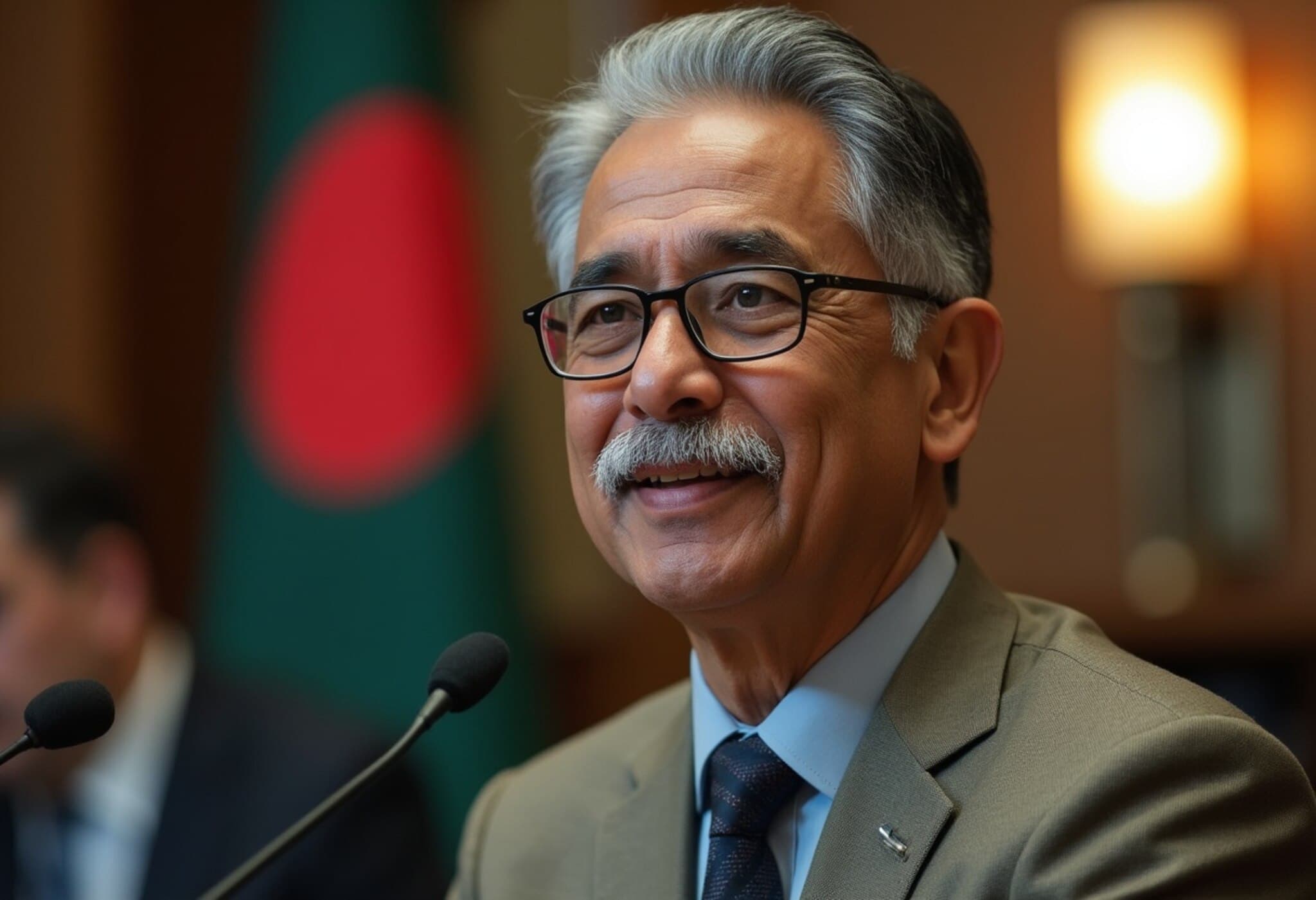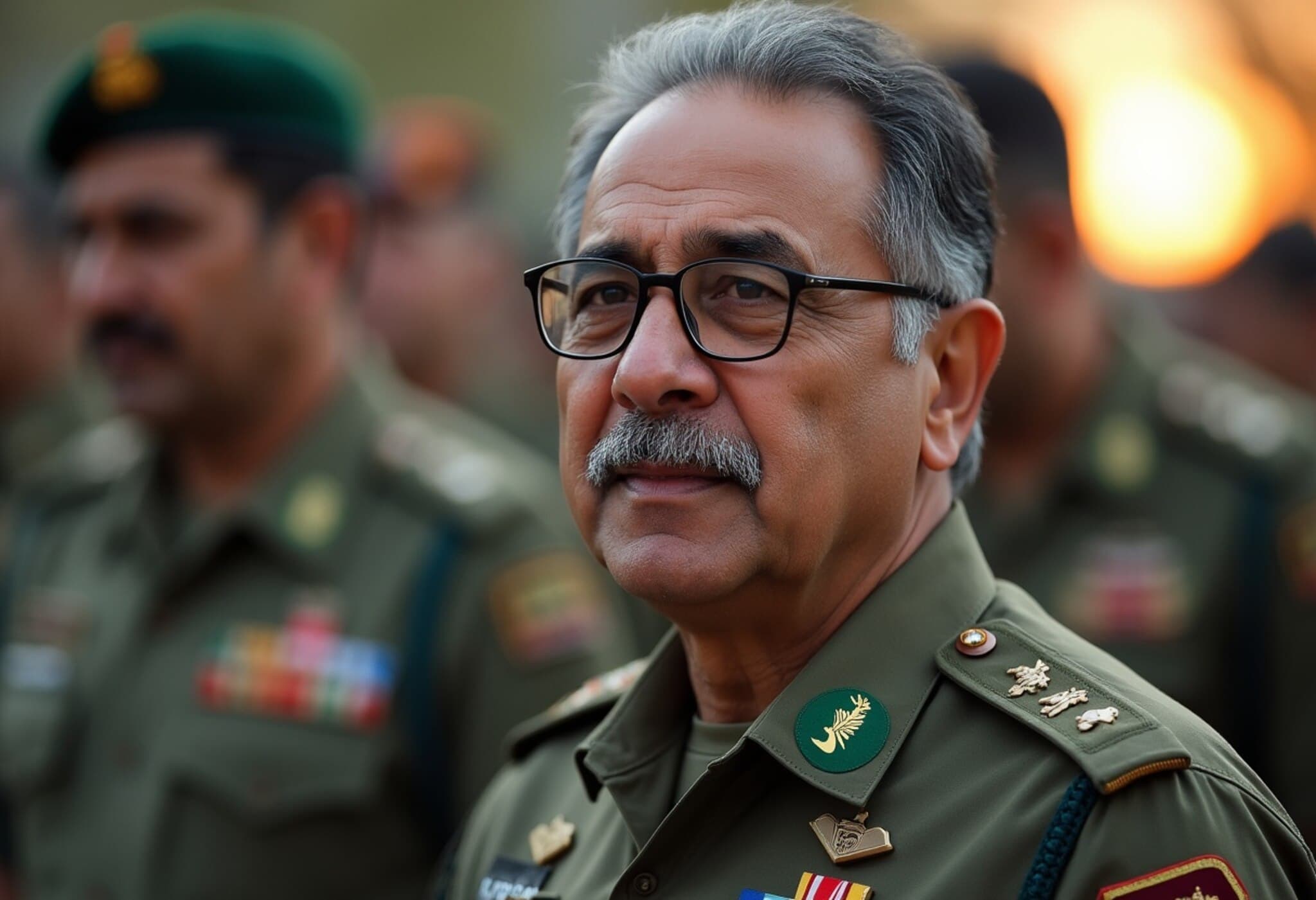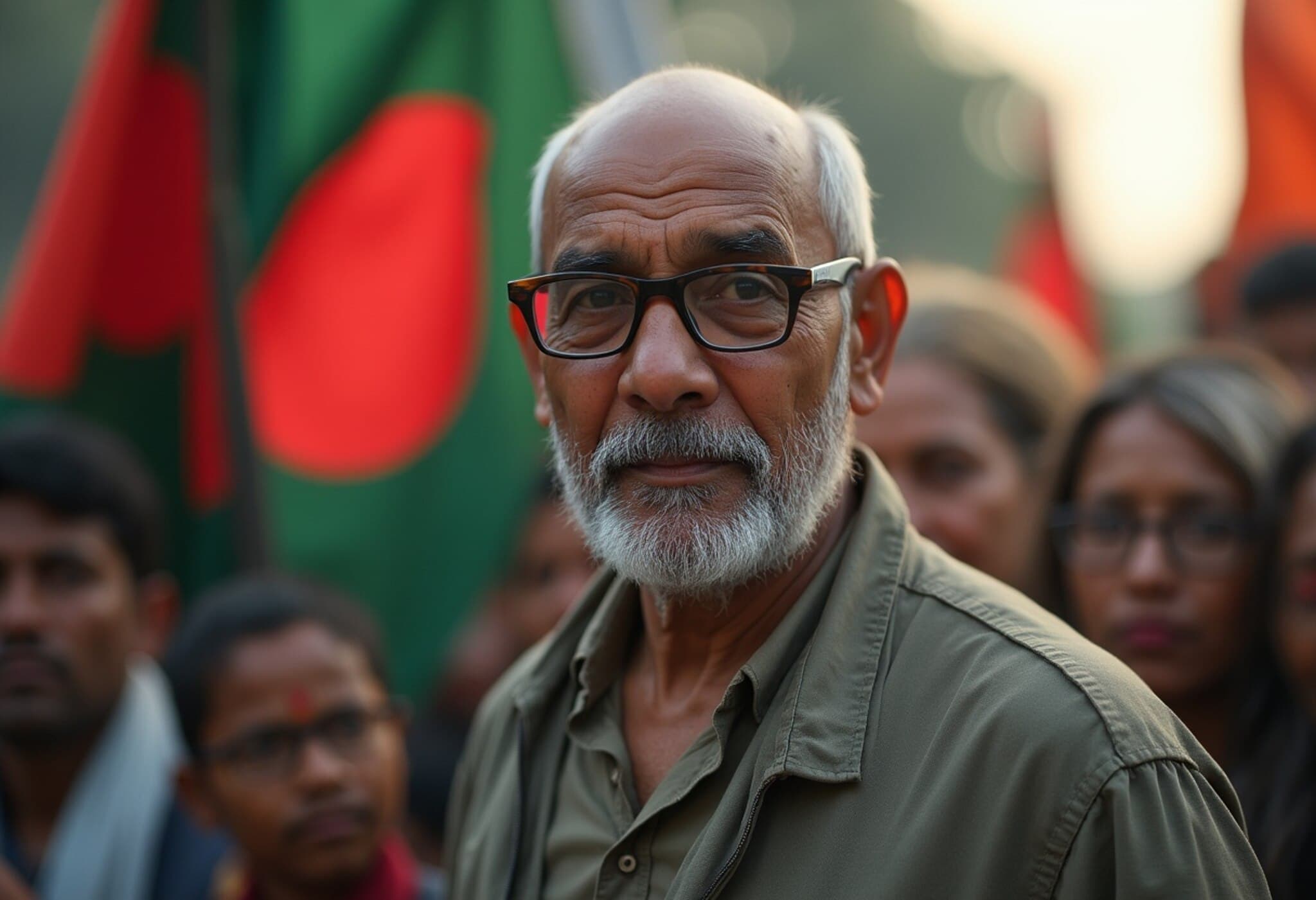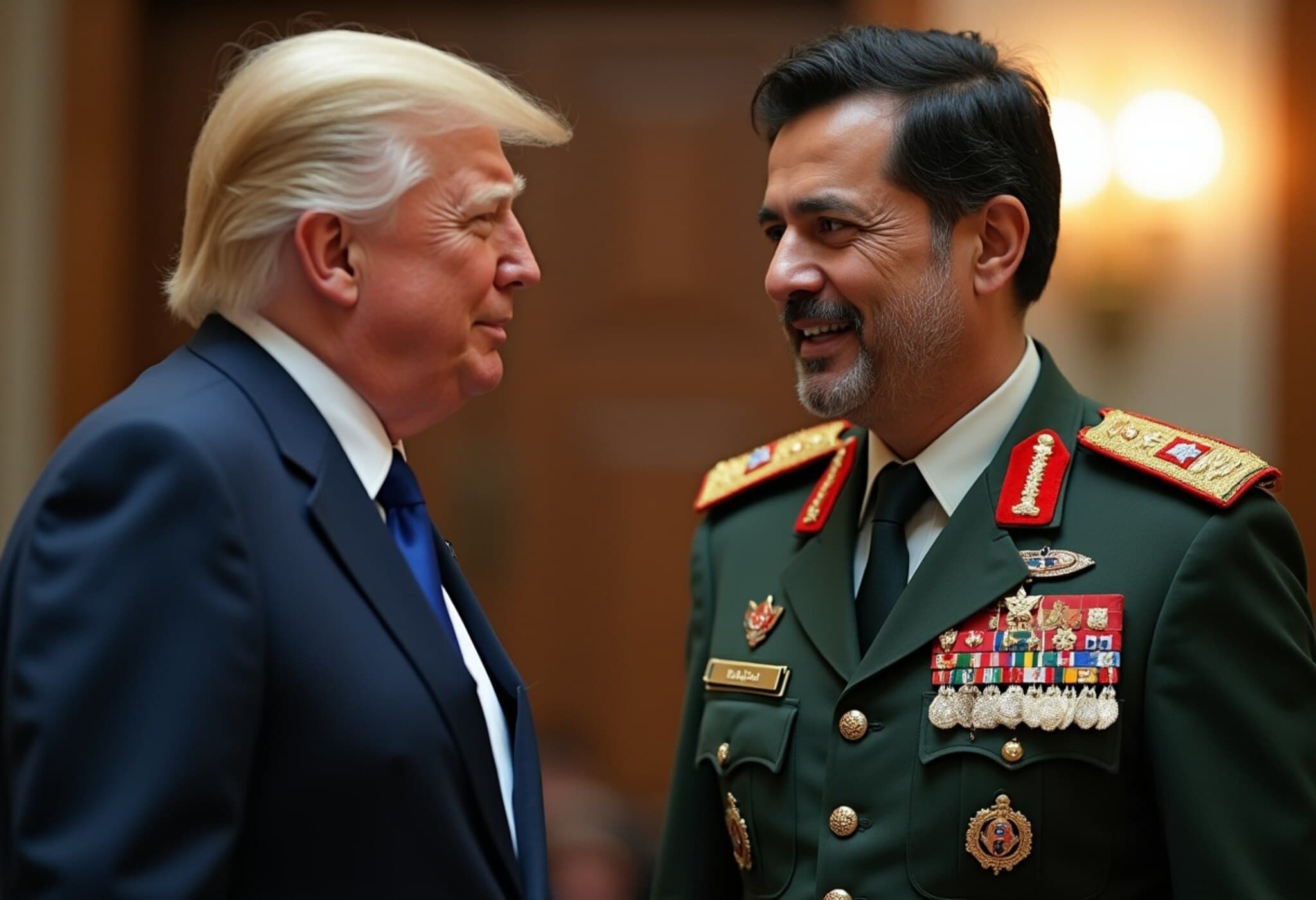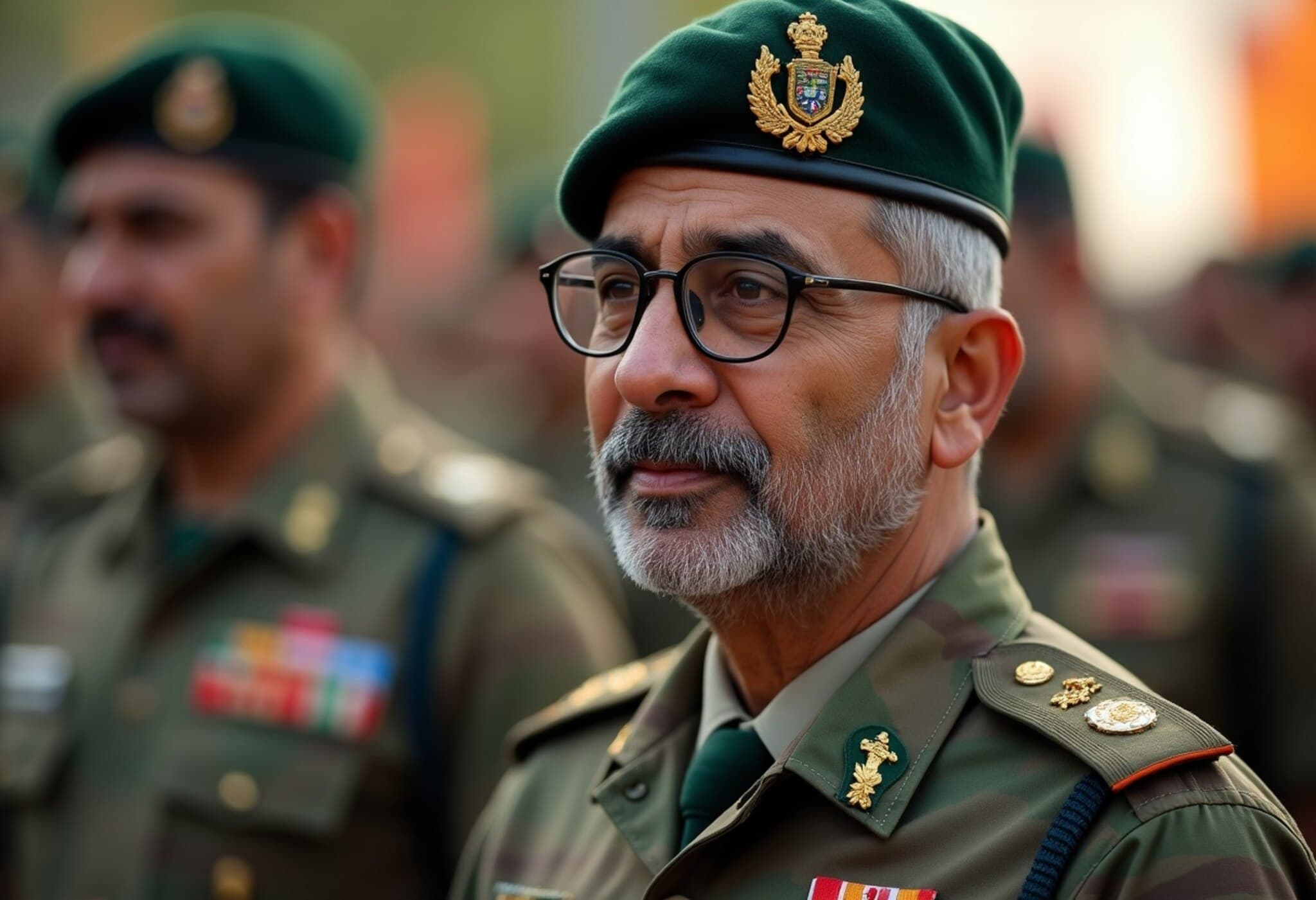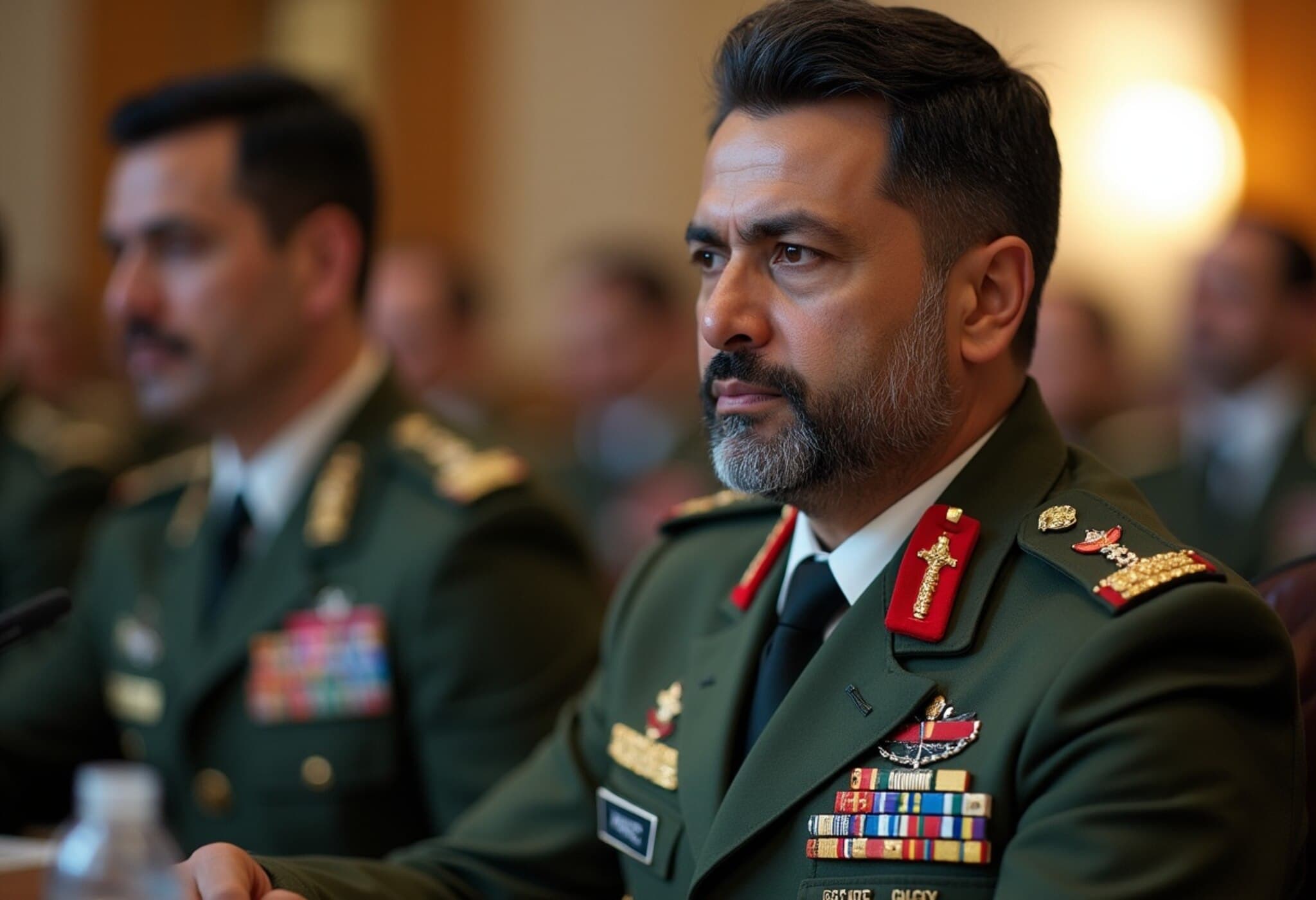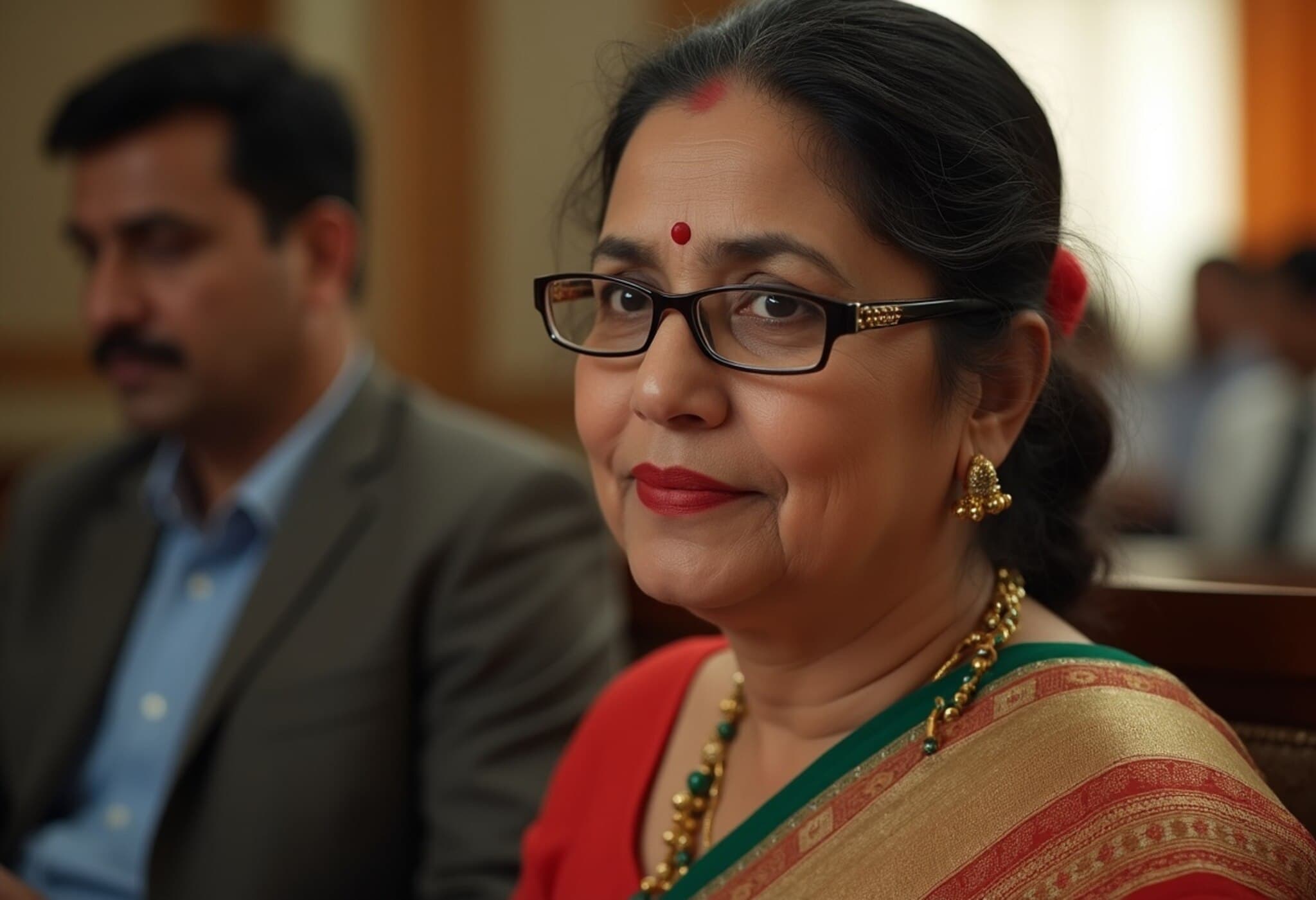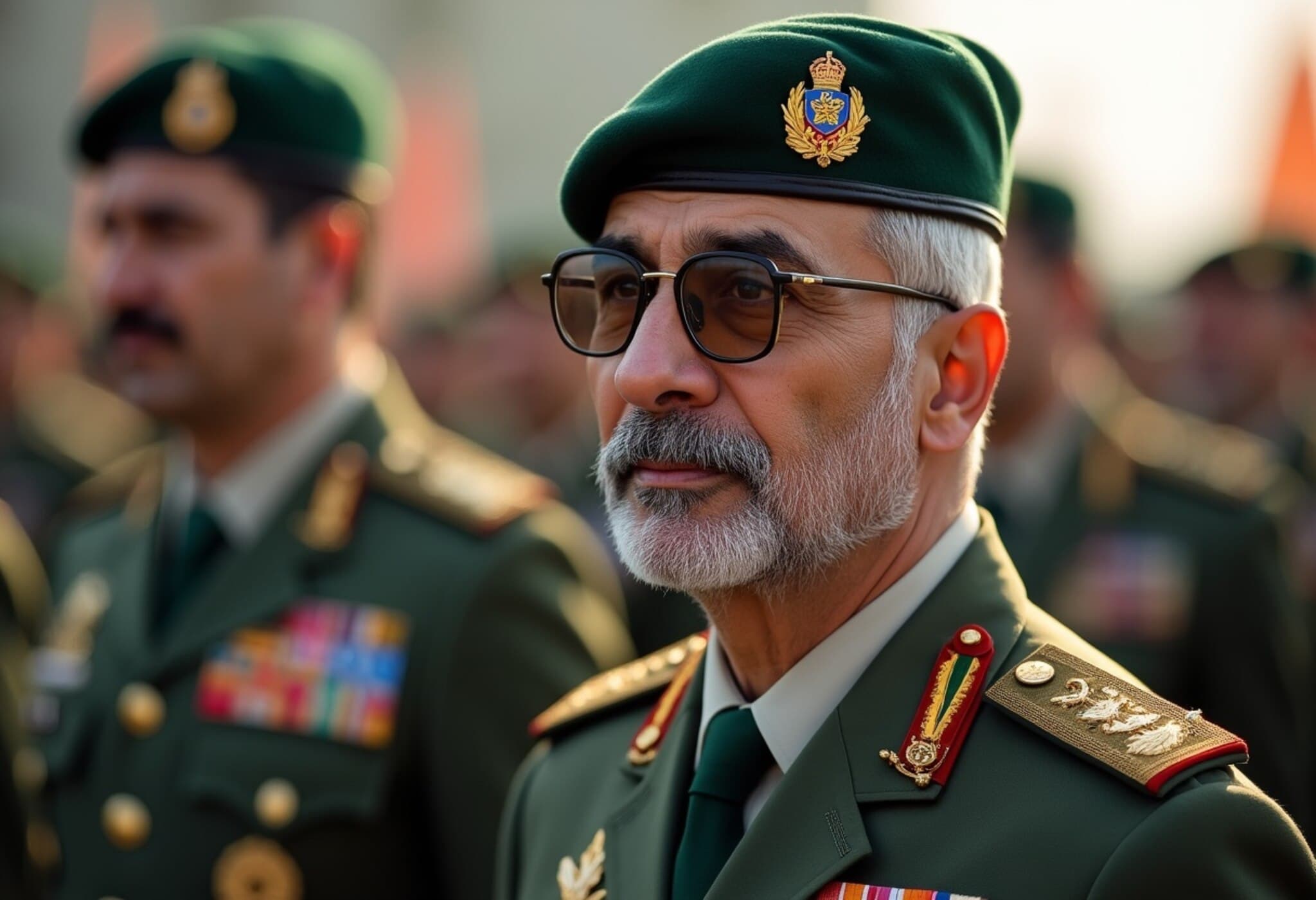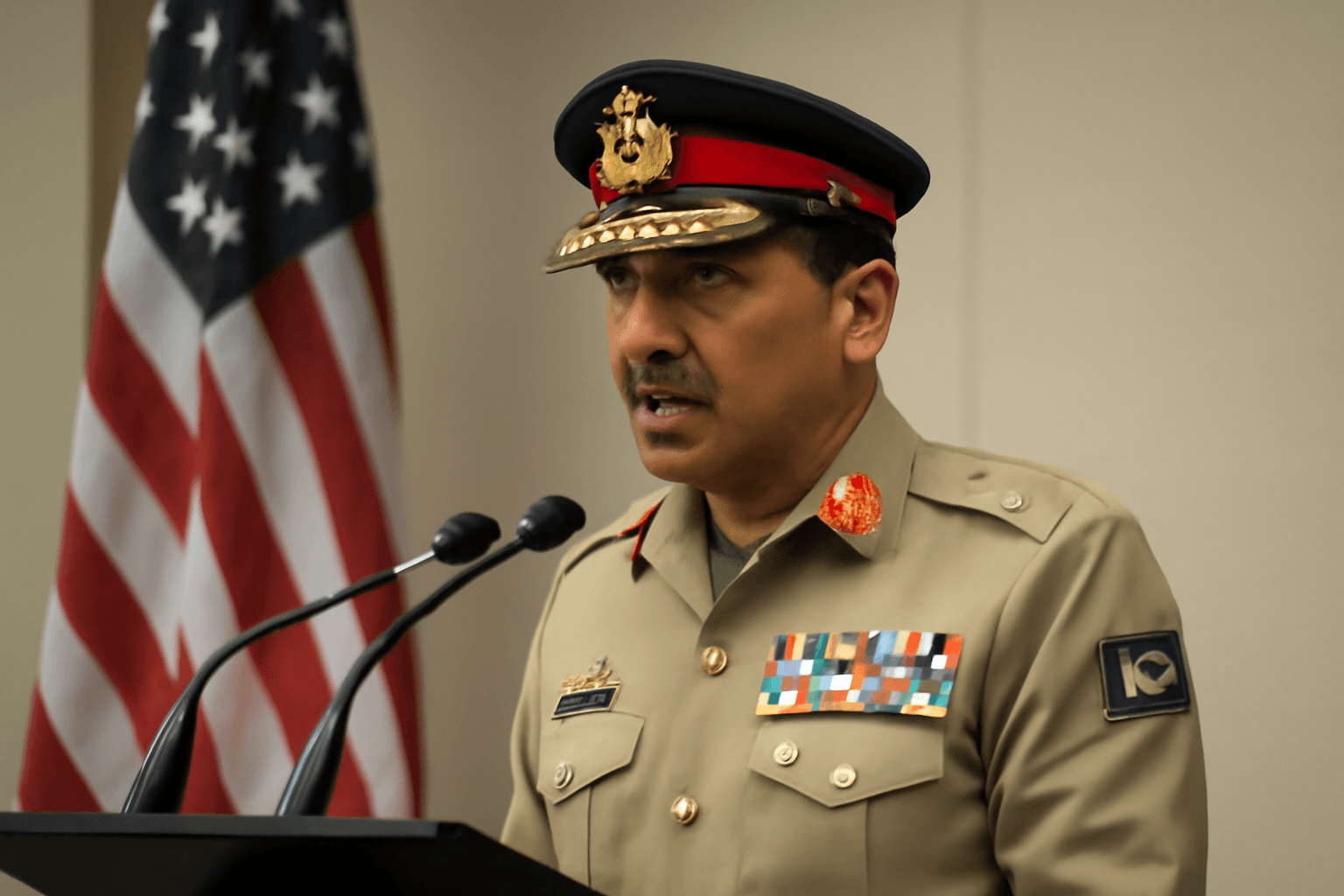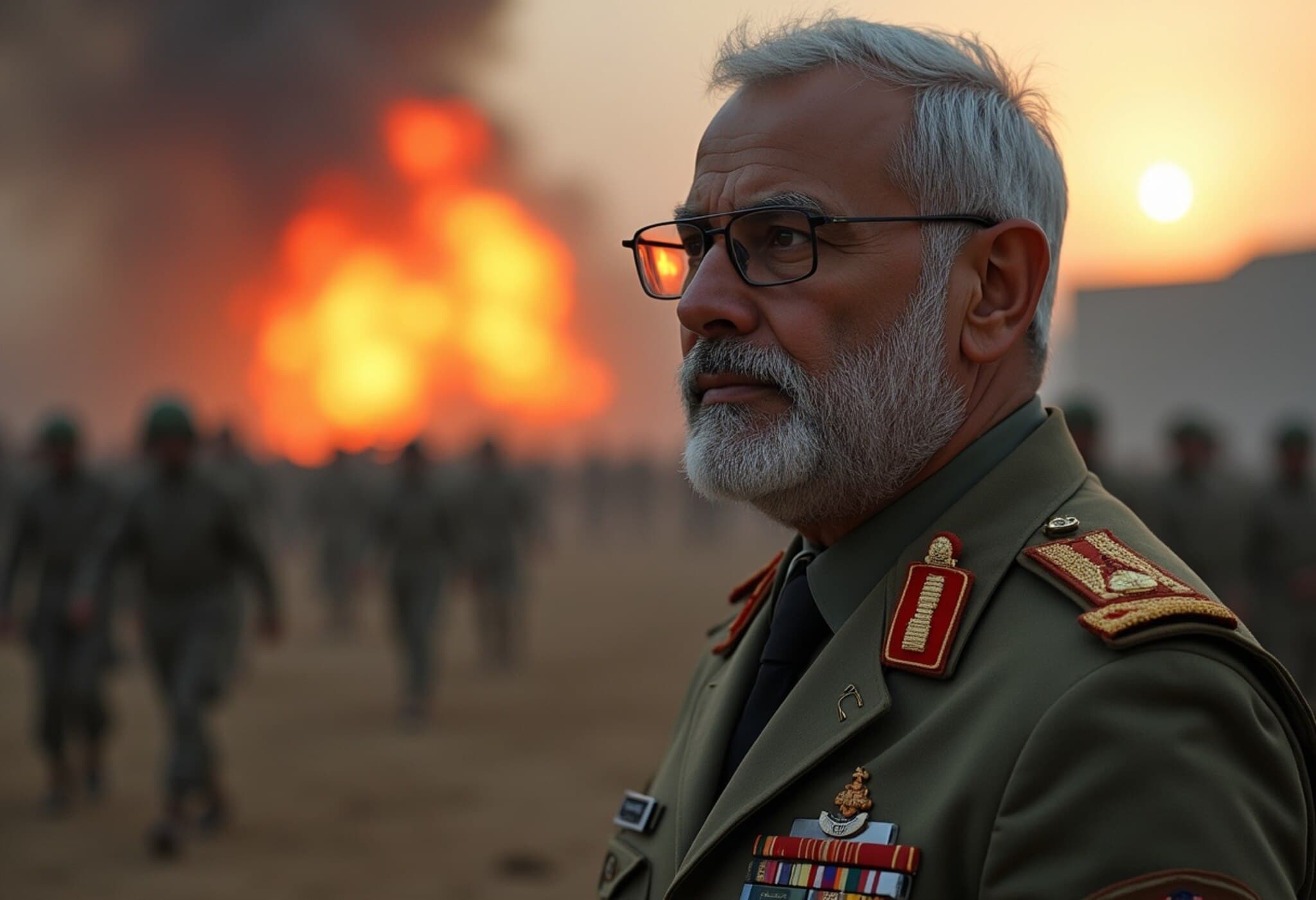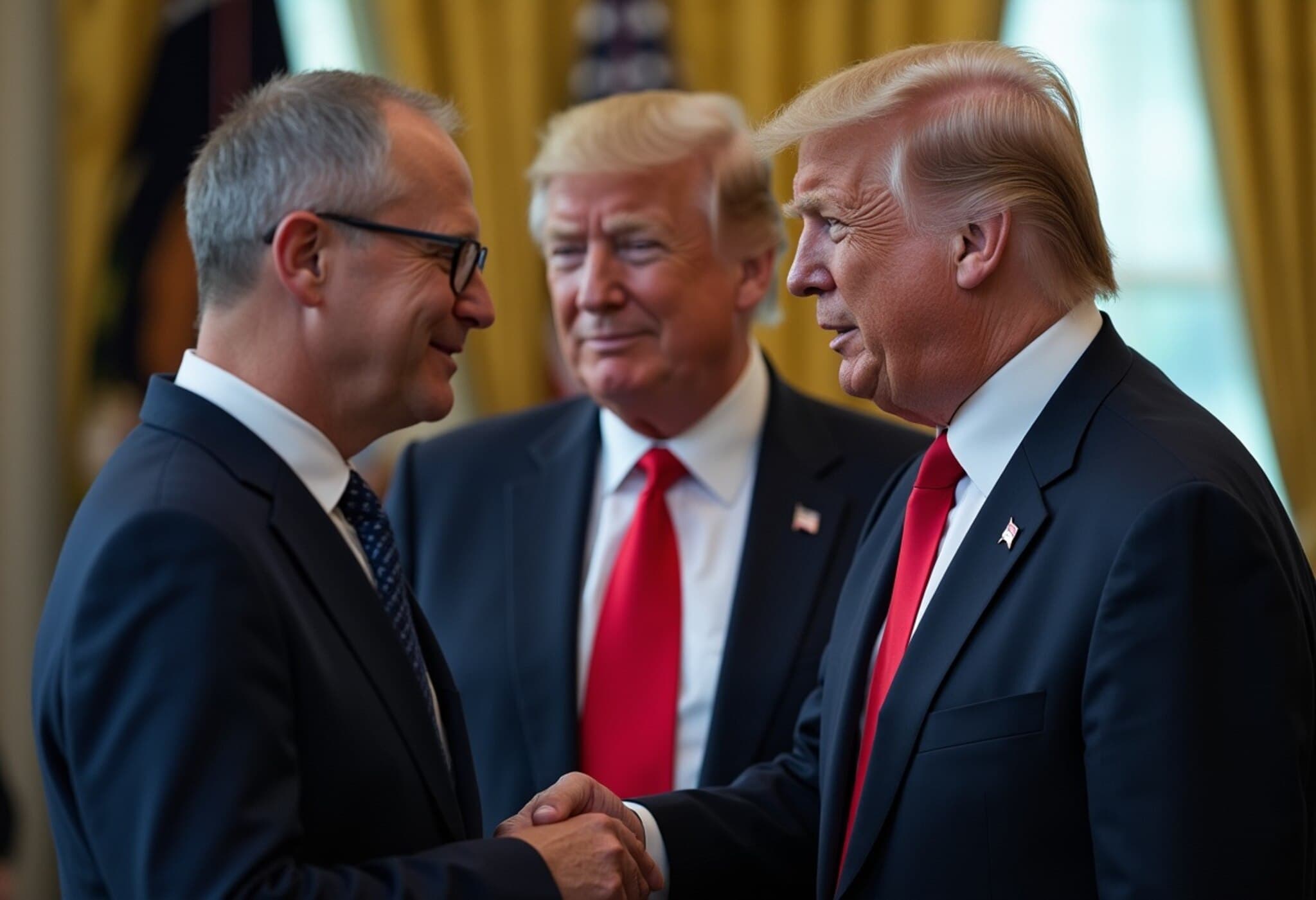Introduction: A New Era in Pakistan's Power Dynamics
Field Marshal Syed Asim Munir’s ascension to the rare and prestigious five-star rank in May 2025 marks a defining moment in Pakistan’s political and military landscape. Coming on the heels of heightened tensions with India, Munir’s expanding influence signals a deepening entanglement of Pakistan’s military in civilian governance — reshaping the nation’s trajectory amid internal crises and external conflict.
From Barracks to Political Epicenter: Munir’s Growing Dominance
Traditionally, Pakistan’s military has maintained a potent but often ambiguous grip on the country’s civilian institutions. However, Asim Munir’s elevation and extended tenure as Army Chief until 2027 have pushed this influence into unprecedented territory. Analysts and insiders increasingly regard him as the de facto paramount leader, with political entities—including the Parliament, Presidency, Judiciary, and Media—now widely viewed as operating within boundaries set by the General Headquarters (GHQ) in Rawalpindi.
Despite official denials of any presidential ambitions from Munir or military leadership, such reassurances do little to quell widespread speculation. Prime Minister Shehbaz Sharif and President Asif Ali Zardari have publicly advocated for "mutual respect" between civilian and military leaders, yet the underlying power imbalance speaks volumes about the dominance of the military establishment.
Strategic Context: The Shadow of India and Operation Bunyan-um-Marsoos
Munir’s promotion coincided with Operation Bunyan-um-Marsoos, Pakistan’s strategic response to India’s “Operation Sindoor” following a grave terror attack in Kashmir’s Pahalgam region which claimed the lives of 26, mostly tourists. This military standoff elevated Munir’s stature, bolstering his image as a hardline security stalwart with a firm stance against India. For many Pakistanis, this assertiveness serves as a reminder of the country's long-standing security vulnerabilities and the military's traditional role as a guardian against external threats.
Domestic Repercussions: Cracking Down on Dissent and Curtailing Democracy
Munir’s tenure has seen a significant tightening of controls over dissenting voices within Pakistan. The incarceration of former Prime Minister Imran Khan since May 2023 over charges widely regarded by his supporters and international observers as politically motivated highlights the fraught state of Pakistan’s democracy. Khan’s Pakistan Tehreek-e-Insaf (PTI) party was effectively sidelined from the February 2024 general elections, a move believed by critics to have been orchestrated to pave the way for a coalition government dominated by the Pakistan Muslim League-Nawaz (PML-N) and the Pakistan Peoples Party (PPP).
Thousands of PTI workers remain imprisoned, and independent media outlets labor under extensive censorship and intimidation. The judiciary too finds itself under pressure, especially judges who have dared to scrutinize election irregularities or question military overreach, eroding essential checks and balances in governance.
Economic and Internal Security Challenges
- Economic Woes: Pakistan currently grapples with soaring inflation, a faltering economy, and growing public discontent.
- Security Issues: Insurgencies persist in regions such as Balochistan and Khyber Pakhtunkhwa, further destabilizing the country.
Against this backdrop, Munir’s tough rhetoric on India may also serve a dual purpose — galvanizing nationalist sentiment to unify the public while diverting attention from domestic turmoil. This hardline approach risks deepening internal divisions and sidelining political solutions that might foster greater stability.
Implications for Regional Stability and U.S. Policy
Munir’s rise does not exist in a vacuum; it holds significant consequences for South Asia’s geopolitical equilibrium. His ascendancy underscores Pakistan’s continued reliance on military leadership in formulating both domestic and foreign policies, particularly those involving India. For neighboring India, this means engaging with a Pakistan where civilian institutions are increasingly eclipsed by military directives, complicating diplomatic efforts and conflict resolution.
From a U.S. and broader Western policy perspective, the deepening militarisation raises critical questions about Islamabad’s commitment to democratic norms and regional peace. It challenges foreign partners to recalibrate their engagement strategies to encourage stability and respect for civilian governance in Pakistan.
Expert Insight: The Tightrope Between Security and Democracy
Dr. Ayesha Malik, a South Asia security analyst, notes, “Asim Munir’s consolidation of military power highlights a fundamental tension in Pakistan: the pursuit of security through military strength often comes at the expense of democratic pluralism. This dichotomy not only shapes Pakistan’s internal politics but also influences its relationships with neighbors and global actors.”
Conclusion: Navigating Pakistan’s Uncertain Future
Field Marshal Syed Asim Munir’s consolidation of power exemplifies Pakistan’s complex interplay between military dominance and political governance. As the nation confronts economic hardship, societal divisions, and external threats, this militarisation raises pressing questions about Pakistan’s democratic trajectory and regional stability. The path forward will require balancing the imperatives of security with the restoration and preservation of civilian rule and civic freedoms.
Editor's Note
The unfolding scenario in Pakistan invites readers to consider the delicate dynamics between military influence and democratic health in fragile states. Munir’s rise is not merely a military promotion but emblematic of broader systemic challenges. How Pakistan navigates these tensions will significantly impact South Asia’s peace and development landscape. Stakeholders and observers alike must watch closely, recognizing that the future of Pakistan hinges on reconciling powerful security prerogatives with the peoples’ aspirations for inclusive governance and justice.

